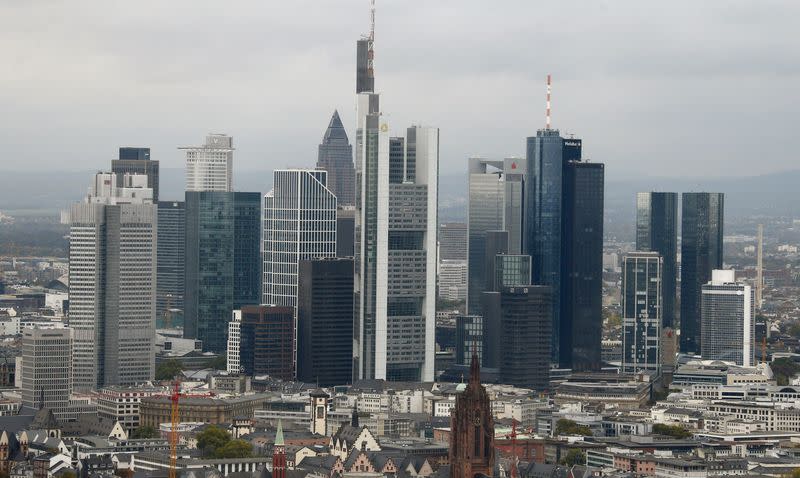German business sentiment clouds over but no sign of recession - Ifo

BERLIN (Reuters) -German business morale fell more than expected in June but a recession was not yet in sight despite rising energy prices and the threat of gas shortages, a survey showed on Friday.
The Ifo institute said its business climax index dropped to 92.3 following a reading of 93.0 in May, when the closely watched indicator posted a surprise recovery despite the economic impact of the Russia-Ukraine war.
A Reuters poll of analysts had pointed to a minimal fall in June to a reading of 92.9.
"Despite increased uncertainty, there are no signs of a recession at the moment," Ifo expert Klaus Wohlrabe told Reuters. "However, the threat of a gas shortage has significantly increased uncertainty among companies."
Not all sectors were suffering equally, as manufacturing and trade took significant hits while there was clear improvement in a services sector no longer encumbered by COVID-19 lockdowns, the data showed.
However, supply bottlenecks - which are slowing down carmakers, for example - have eased only minimally and high inflation continued to suppress consumer spending, Wohlrabe said.
(Reporting by Rachel More, Rene Wagner and Miranda Murray;Editing by Paul Carrel)

 Yahoo Finance
Yahoo Finance 